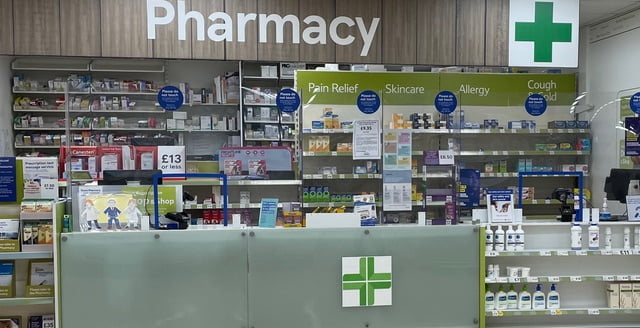
This is a common cause of concern and can affect 45-70% of women.
Declining estrogen levels and ageing process, both cause skin changes after menopause. This can have an impact on self-esteem and psychological wellbeing . Therefore, a holistic approach is required to treat menopausal symptoms.
There are skin conditions like Rosacea ( skin redness and spots) or Psoriasis which I haven’t covered in this blog) .
Skin does have estrogen receptors.
A. Post menopausal lack of estrogen
B. Post menopausal lack of estrogen and its effects on blood vessels, cartilage, bone and intervertebral discs.
Collagen is also present in blood vessels, cartilage, bone and intervertebral discs which reduces during menopause. Therefore, after menopause there is an increased risk of heart disease and osteoporosis. HRT improves arterial function and elasticity in heart and brain blood vessels and prevents fractures and heart disease by increasing collagen in addition to other beneficial effects.
C. Other factors contributing to skin ageing are
Intrinsic ageing skin manifests as fine lines and wrinkles with smooth texture.
Extrinsic ageing skin manifest as coarse wrinkling , rough texture , pigmentation and loss of skin elasticity.
Preventive measures are very important
What is the evidence about HRT and its effects on the Skin?
HRT used to treat menopausal symptoms may prevent some of the skin changes and does increase collagen levels . Further research is needed to clarify if estrogen replacement increases estrogen receptors in the skin but there is lack of good research data as some studies showed no effect on skin. HRT has improved eczema in some cases but again more evidence is required. HRT is not licensed for treating skin conditions but beneficial effects are seen in some cases.
Phytoestrogens such as isoflavones are estrogen like substances produced by plants found in soya foods and lignans in linseeds. These are weak estrogens , not stored in tissues and some of these in creams have anti-ageing effects. Again, more research is needed in this field.
Non hormonal treatments
Oral or topical products such as antioxidants – Vitamin C, E , B7(Biotin) , Coenzyme Q10, selenium, polyphenols are being used by many women. There is limited data on whether these do help. Topical creams have included hyaluronic acid, retinol and alphahydroxy acids in cosmetic products.
Further research is required to see if increasing Nitric oxide levels in skin with topical l-arginine or using low dose estrogen creams on skin will improve skin condition.
It is not essential to take supplements and vitamins if you have a healthy balanced diet .There is uncertainty about effects of supplements due to limited research.
Many menopausal women do take Collagen supplements, Biotin, fish based Omega 3, 6, 9 supplements , Calcium, Vitamin D, Magnesium Bisglycinate supplements. Minerals and Vitamins are best absorbed from a healthy diet.
Vitamin D intake of 1000 IU daily is recommended for prevention of osteoporosis and marine Omega 3 supplements if you do not eat 2 servings of oily fish per week to prevent heart disease
There are several unanswered questions and controversies in this topic.